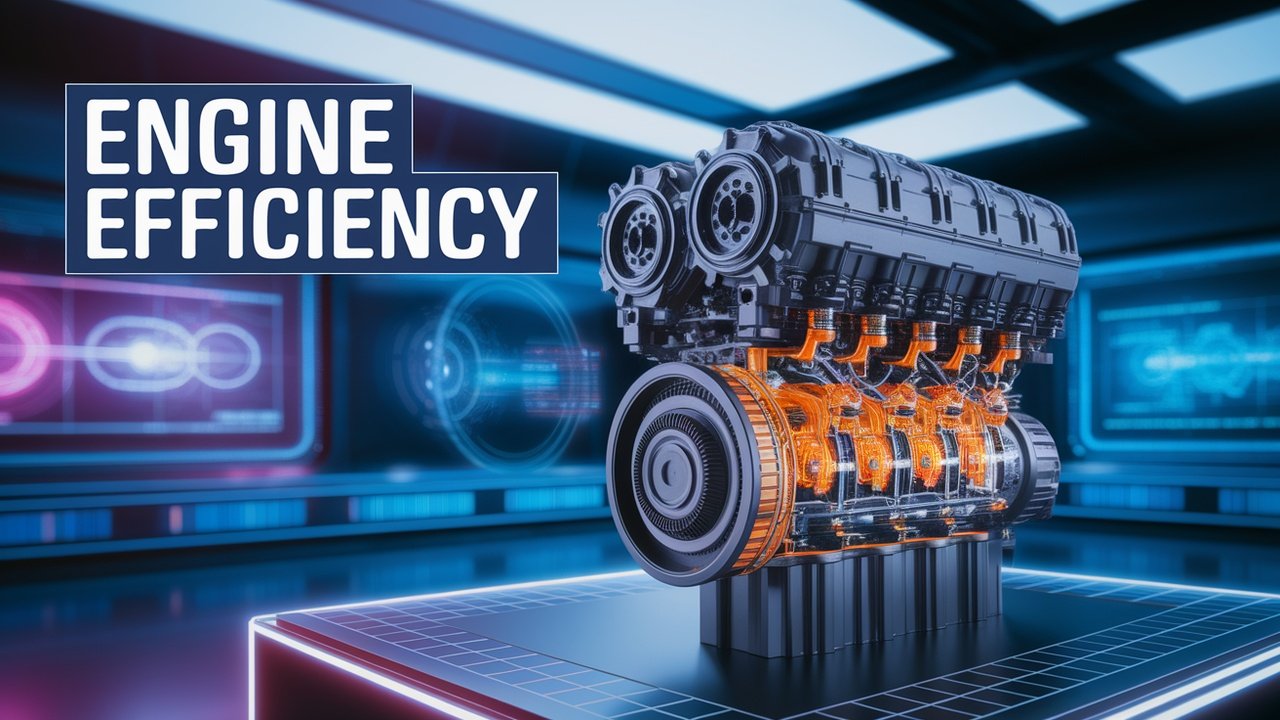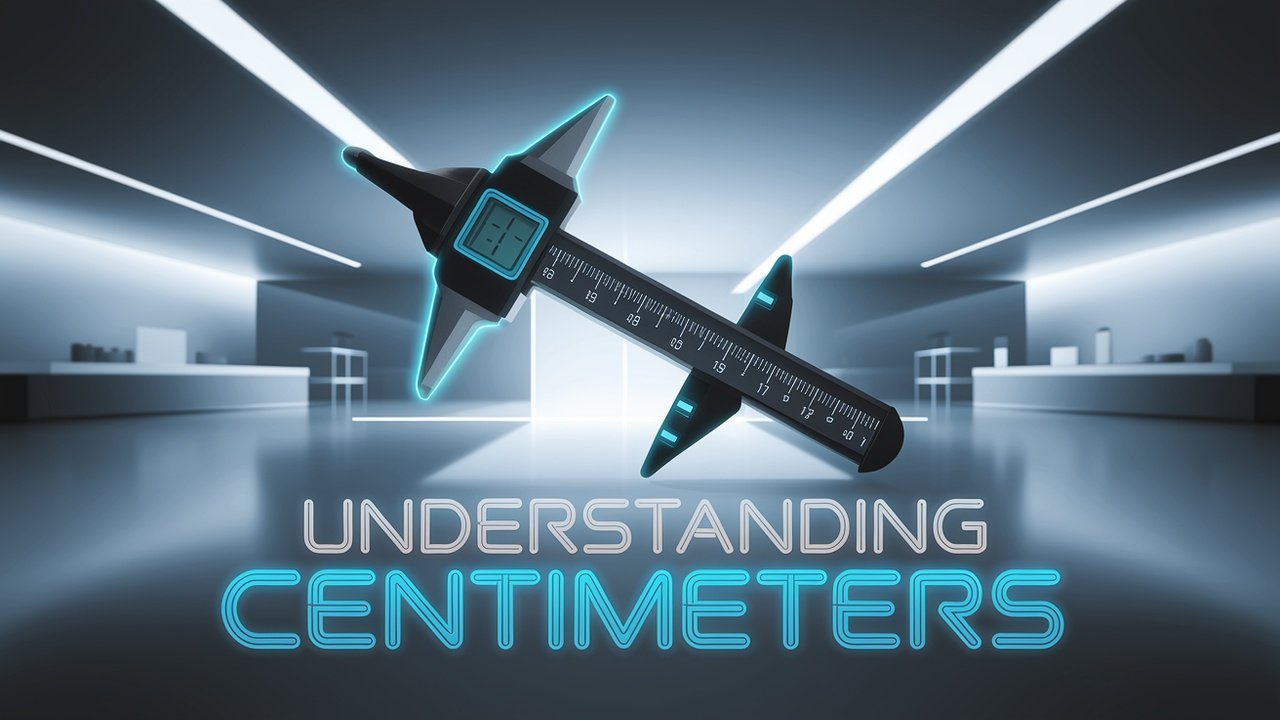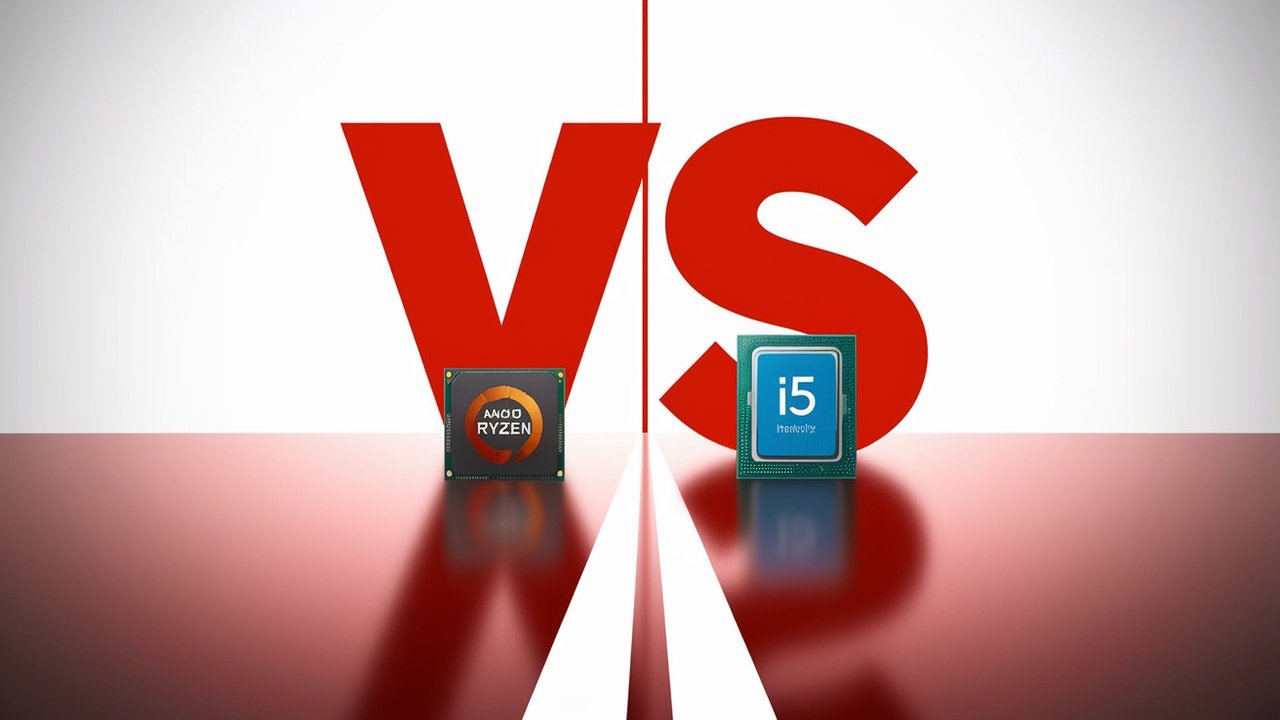High-Tech Innovations: Transforming the Future of Technology and Society

Introduction
In today’s fast-paced world, high technology, or “high-tech,” is shaping the way we live, work, and interact with our surroundings. From artificial intelligence (AI) and quantum computing to biotechnology and space exploration, high-tech advancements are pushing the boundaries of what was once thought impossible. These innovations are not only transforming industries but also redefining societal norms, enhancing productivity, and improving quality of life.
The high-tech sector encompasses cutting-edge developments in fields such as robotics, nanotechnology, cybersecurity, and renewable energy. As technology continues to evolve, businesses and individuals must stay ahead of emerging trends to harness its full potential.
This article explores the key high-tech innovations, their impact on various industries, the challenges they pose, and future trends that will shape the digital era.
Key High-Tech Innovations Transforming the World
1. Artificial Intelligence (AI) and Machine Learning
- AI-powered applications are revolutionizing industries such as healthcare, finance, and customer service.
- Machine learning algorithms improve automation, predictive analytics, and data-driven decision-making.
- AI-driven chatbots and virtual assistants enhance customer experience and business operations.
2. Quantum Computing
- Quantum computers process information at speeds far beyond traditional computers.
- Applications in drug discovery, cryptography, and complex simulations.
- Companies like Google, IBM, and startups are advancing quantum computing research.
3. 5G and Advanced Connectivity
- 5G networks enable ultra-fast internet speeds, low latency, and seamless connectivity.
- Enhances smart cities, autonomous vehicles, and remote work capabilities.
- IoT devices benefit from improved data transmission and real-time communication.
4. Robotics and Automation
- AI-powered robots improve efficiency in manufacturing, healthcare, and logistics.
- Autonomous drones assist in surveillance, delivery, and disaster response.
- Robotic process automation (RPA) streamlines business operations and reduces human error.
5. Biotechnology and Genetic Engineering
- CRISPR gene-editing technology enables precision medicine and disease treatment.
- Bioengineering innovations enhance agriculture, food production, and sustainability.
- Personalized medicine and regenerative therapies transform healthcare.
6. Blockchain and Decentralized Technologies
- Secures transactions and data with tamper-proof ledgers.
- Enables decentralized finance (DeFi), digital identities, and smart contracts.
- Used in supply chain management, voting systems, and secure digital transactions.
7. Space Exploration and Aerospace Technology
- Advancements in reusable rockets and space tourism (e.g., SpaceX, Blue Origin).
- Satellite technology enhances global communications, GPS, and climate monitoring.
- NASA and private companies invest in Mars exploration and lunar colonization.
8. Renewable Energy and Sustainability Technologies
- Solar, wind, and hydrogen energy reduce reliance on fossil fuels.
- Smart grids improve energy efficiency and distribution.
- Sustainable materials and green tech reduce environmental impact.
9. Augmented Reality (AR) and Virtual Reality (VR)
- AR and VR enhance gaming, training, education, and remote collaboration.
- Used in real estate, tourism, and immersive customer experiences.
- Mixed reality combines real and virtual environments for new applications.
10. Cybersecurity and Data Protection
- Advanced encryption, AI-driven threat detection, and zero-trust security models.
- Protects against cyber threats, data breaches, and digital fraud.
- Quantum cryptography enhances security in sensitive communications.
High-Tech Impact on Various Industries

1. Healthcare and Medicine
- AI-driven diagnostics improve accuracy in disease detection.
- Telemedicine and wearable health devices enhance patient monitoring.
- 3D printing revolutionizes prosthetics and organ transplants.
2. Finance and Banking
- AI-driven trading algorithms optimize stock market investments.
- Blockchain enables secure, transparent, and efficient financial transactions.
- Biometric authentication enhances security in online banking.
3. Education and E-Learning
- AI-powered learning platforms personalize education.
- Virtual classrooms and online courses make education more accessible.
- Gamification enhances student engagement and retention.
4. Manufacturing and Industry 4.0
- IoT-powered smart factories optimize production and reduce waste.
- AI-driven supply chains improve efficiency and cost management.
- Digital twins simulate real-world scenarios for testing and optimization.
5. Transportation and Autonomous Vehicles
- Self-driving cars use AI, sensors, and 5G connectivity.
- Hyperloop technology promises high-speed transportation.
- Smart traffic systems reduce congestion and emissions.
Challenges and Ethical Concerns in High-Tech Advancements

1. Data Privacy and Security
- Increasing cyber threats require robust data protection measures.
- Governments and companies must enforce strong privacy regulations.
2. Job Displacement and Workforce Adaptation
- Automation may replace traditional jobs, requiring workforce reskilling.
- AI and robotics create new job opportunities in tech-related fields.
3. Ethical AI and Bias Concerns
- AI systems can inherit biases from data, leading to ethical dilemmas.
- Transparent AI models and ethical guidelines are necessary.
4. High-Tech Accessibility and Digital Divide
- Unequal access to technology creates disparities in education and opportunities.
- Governments and organizations must work towards digital inclusion.
5. Environmental Impact of High-Tech Industries
- E-waste and high energy consumption pose sustainability challenges.
- Green tech initiatives aim to reduce the carbon footprint of digital industries.
Future Trends in High-Tech Innovations

1. AI-Powered Everything
- AI integration into daily life, from smart homes to business processes.
2. Brain-Computer Interfaces (BCIs)
- Direct communication between the brain and computers for medical and tech applications.
3. Fully Autonomous Cities
- Smart infrastructure, connected devices, and automated services.
4. Fusion Energy Breakthroughs
- Clean and limitless energy source that could revolutionize global power generation.
5. Human Augmentation and Wearable Tech
- Smart wearables, bionic limbs, and neural implants enhance human capabilities.
Conclusion
High-tech innovations are driving the next wave of digital transformation across industries and daily life. As AI, quantum computing, biotechnology, and other technologies continue to evolve, they bring both opportunities and challenges. Ethical considerations, security concerns, and environmental impact must be addressed to ensure responsible tech development.
By embracing high-tech advancements while mitigating risks, societies can harness the full potential of innovation to build a smarter, more efficient, and sustainable future. Staying informed about emerging trends and adapting to technological changes will be crucial for individuals, businesses, and governments alike.







